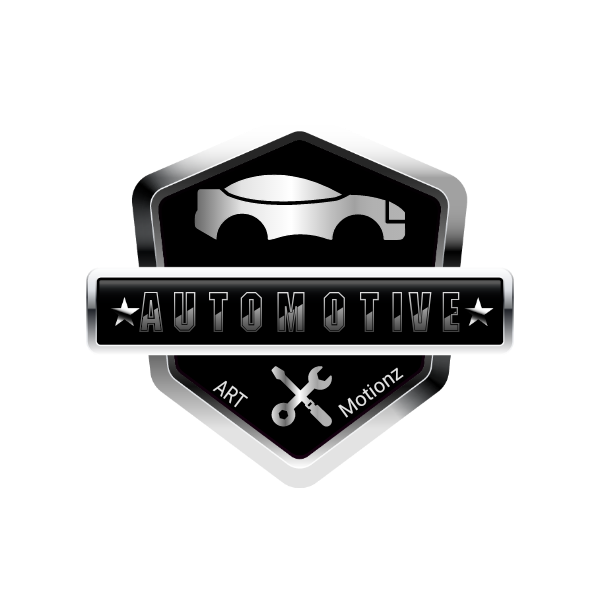Crafting Legends: The Story of Jaguar Land Rover
Intro
Jaguar Land Rover Automotive PLC serves as the parent company of Jaguar Land Rover Limited, a renowned British multinational automobile manufacturer known for its luxury vehicles and SUVs. The company, commonly referred to as JLR, is a subsidiary of Tata Motors and is headquartered in Whitley, Coventry, UK. The core operations of Jaguar Land Rover Limited involve the design, development, manufacture, and sale of vehicles under the prestigious Jaguar and Land Rover brands.
Both Jaguar and Land Rover brands boast a rich history, with Jaguar originating in the 1930s and Land Rover dating back to the 1940s. They first merged in 1968 under the British Leyland conglomerate, later becoming independent, and subsequently operating under the umbrellas of BMW (Land Rover) and Ford Motor Company (Jaguar). In 2000, following the dissolution of the Rover Group by BMW, Land Rover was acquired by Ford, joining its Premier Automotive Group.
Tata Motors
In 2008, Tata Motors, part of the Tata Group, established Jaguar Land Rover as a British-registered, wholly-owned subsidiary to facilitate the purchase of Jaguar and Land Rover from Ford for $2.23 billion. This acquisition also included the rights to the Daimler marque and two dormant brands, Lanchester and Rover.
Significant restructuring took place on January 1, 2013, when Jaguar Cars Limited and Land Rover operations merged under Jaguar Land Rover Limited. The original holding company was renamed Jaguar Land Rover Automotive PLC. This reorganization centralized the UK responsibilities for design, manufacture, and marketing of both brands under one entity.
Jaguar Land Rover also owns the rights to the dormant Daimler, Lanchester, and Rover brands. Particularly notable is the acquisition of the Rover brand from BMW by Land Rover (under Ford ownership), following the breakup of the Rover Group.
Strategy
The company has demonstrated significant growth and expansion, particularly in terms of employment and manufacturing capabilities. Key investments include the hiring of additional staff and the establishment of new facilities such as the engine plant in Wolverhampton, designed to support production of a new generation of engines. Moreover, a joint venture in China with Chery has been instrumental in expanding JLR’s presence in the world's largest car market, exemplifying its global strategy and adaptability.
Under the leadership of CEO Ralf Speth, JLR has significantly increased its investment in research and development, emphasizing its commitment to innovation and the future of automotive technology. This is further evidenced by the construction of the National Automotive Innovation Campus in partnership with the University of Warwick.
Despite facing challenges such as declines in sales and market uncertainties, particularly in China and relating to Brexit, Jaguar Land Rover continues to adjust its strategies and operations to maintain its position as a leading global manufacturer of luxury vehicles.
Future Electrification Efforts
In September 2017, Jaguar Land Rover declared that starting with the 2020 model year, all new models of Jaguar and Land Rover vehicles would offer either an electric or hybrid powertrain option. In October of the same year, JLR initiated its electrification strategy by announcing the Range Rover Sport P400e for the 2018 model year—a plug-in hybrid set to hit showrooms by late 2017.
This was to be followed by a plug-in hybrid version of the Range Rover slated for the 2019 model year. Additionally, JLR incurred fines totaling $49.5 million for failing to meet U.S. Corporate Average Fuel Economy standards from 2009 to 2013.
In June 2019, JLR and BMW formed a partnership to develop next-generation electric drive units. By July 5, 2019, JLR announced plans to manufacture an all-electric version of the Jaguar XJ luxury saloon at their Castle Bromwich plant, with a launch initially planned for 2020. However, by February 15, 2021, CEO Thierry Bolloré announced the cancellation of the electric XJ project, citing declining global sales of saloon cars as consumer preference shifts towards crossovers, SUVs, and trucks.
In a major strategic pivot, February 2021 saw JLR announce that the Jaguar brand would transition entirely to electric vehicles by the 2025 model year. The first all-electric Land Rover was set to debut in 2023 as a 2024 model. Furthermore, JLR planned to cease production and sales of diesel-powered Land Rovers by 2026 and gasoline-powered versions by 2030, aiming for a fully electric lineup by the 2030s. This shift aligns with global emission standards and legislative measures phasing out fossil fuel vehicles by 2030 in several major markets due to environmental concerns.
Current Jaguar Lineup
- Jaguar XE: Compact executive car
- Jaguar XF: Executive saloon and estate
- Jaguar F-Type: Sports car, available as coupé and convertible
- Jaguar E-Pace: High-end subcompact luxury SUV
- Jaguar F-Pace: Compact luxury SUV
- Jaguar I-Pace: Compact luxury electric SUV






